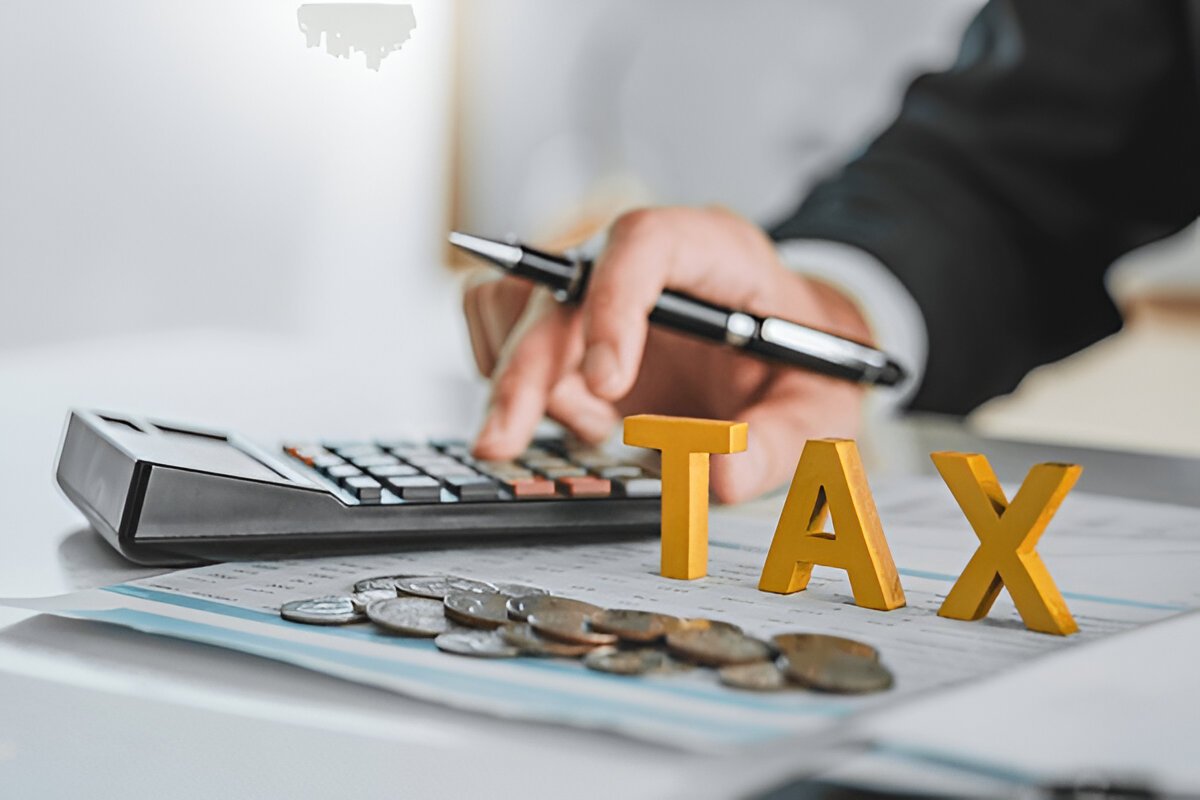- By Admin
- 0 Comments
For decades, the UAE was known as a tax-free business hub, attracting investors from around the world. However, with the introduction of Corporate Tax in 2023, businesses must now pay taxes on profits under certain conditions. Understanding these rules is crucial for compliance and financial planning.
1. Introduction of Corporate Tax in UAE
The UAE implemented Corporate Tax on business profits starting from June 1, 2023. This marks a shift in the financial landscape and brings the country in line with global tax standards.
2. Corporate Tax Rate
- 0% on taxable income up to AED 375,000 (to support startups and SMEs).
- 9% on taxable income above AED 375,000.
- 15% for large multinational companies falling under OECD’s Pillar Two rules.
3. Who Needs to Pay Corporate Tax?
- Companies registered in the UAE mainland.
- Free Zone companies (though some may enjoy exemptions if they meet specific conditions).
- Foreign companies earning income in the UAE.
4. Exemptions from Corporate Tax
Certain entities are exempt from paying corporate tax, including:
- Government entities.
- Extractive industries (like oil & gas).
- Charities and public benefit organizations (with approval).
5. Impact on Free Zone Businesses
Many free zones still offer tax incentives. However, to benefit from 0% tax, businesses must meet requirements such as earning “qualifying income” and complying with transfer pricing rules.
6. Importance of Tax Compliance
Non-compliance can lead to heavy fines. Businesses must maintain accurate financial records, file tax returns on time, and ensure compliance with the UAE Federal Tax Authority (FTA).

Conclusion
Yes, businesses in the UAE do pay taxes on profits under the new Corporate Tax Law. While the rates are competitive compared to global standards, companies must stay compliant to avoid penalties. Partnering with a professional tax advisory firm can simplify the process and help optimize tax liabilities.
FAQs on Business Taxes in the UAE
Q1: Do all businesses in the UAE pay corporate tax?
No. Only businesses earning taxable profits above AED 375,000 need to pay corporate tax. Some entities and free zone companies may be exempt.
Q2: Are personal incomes or salaries taxed in the UAE?
No. Individuals do not pay personal income tax on salaries, investments, or real estate income in the UAE.
Q3: Do free zone companies have to pay corporate tax?
Some free zone businesses can still enjoy 0% tax, but they must meet the conditions of earning qualifying income and complying with regulations.
Q4: What is the penalty for not paying corporate tax in the UAE?
Penalties include fines for late filing, incorrect returns, and non-compliance with the Federal Tax Authority’s rules.
Q5: How can businesses reduce their corporate tax liability?
Through proper tax planning, compliance with regulations, and professional accounting support, businesses can optimize taxable income and reduce liabilities legally.



Social Profiles